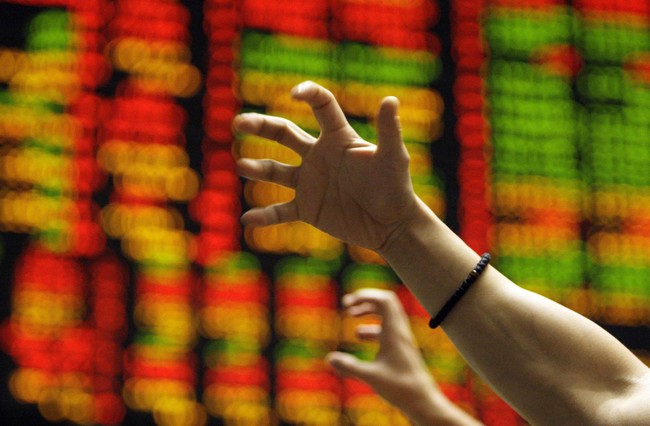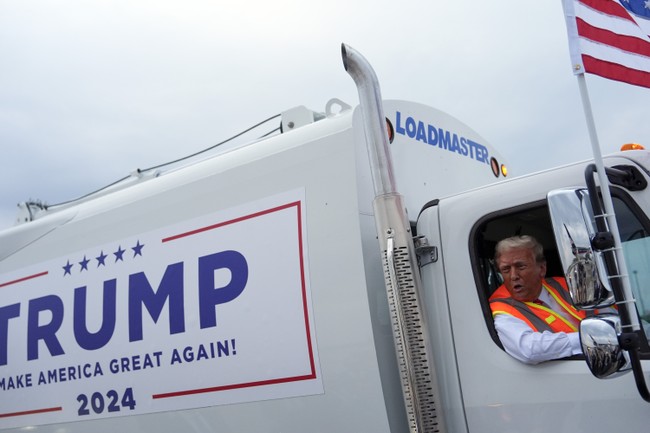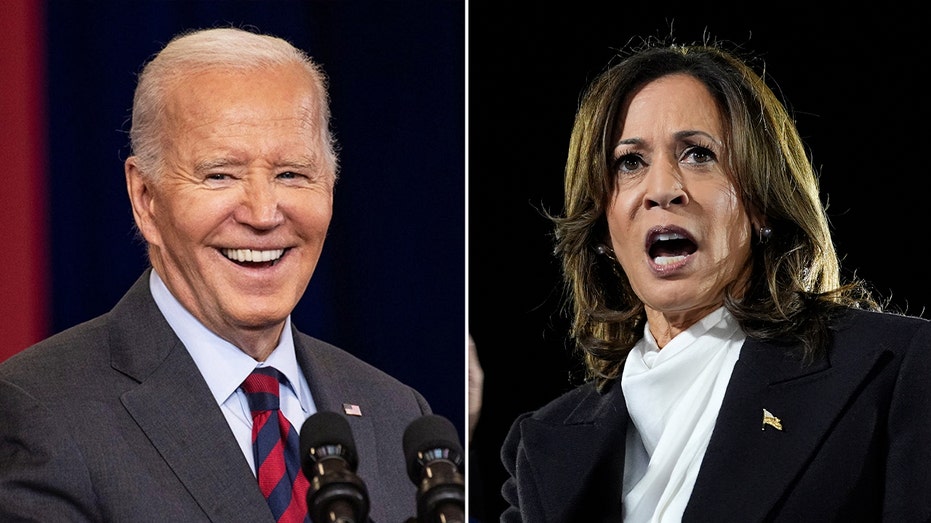
This article was originally published on PJ Media - Politics. You can read the original article HERE

The disastrous July jobs report and the subsequent market crash on Monday made it clear that a recession was likely coming. While a modest market recovery on Tuesday gave some a bit of relief, the market had another rough day on Wednesday and underscored the weak state of our economy.
Advertisement
Meanwhile, more troubling economic indicators are spelling trouble for the economy.
"U.S. consumers collectively owe a record $1.14 trillion in credit card debt, figures released Tuesday by the Federal Reserve Bank of New York show. That's $27 billion more than the $1.13 trillion in credit card debt they carried during the second quarter of 2024," CBS News reported on Wednesday. "The high tally comes amid concerns of an economic downturn triggered by modestly rising unemployment, and as soaring costs in food, housing and auto rates continue to drain household budgets. Americans have increasingly been relying on credit cards to make ends meet, with 6 in 10 adults, or 60%, using credit cards to buy groceries in 2023, according to a May report by the Urban Institute."
Naturally, experts say the odds of a recession are increasing.
Wall Street's biggest banks are boosting the odds of a near-term recession in the world's largest economy, citing a weakening labor market and softer growth prospects that could compel the Federal Reserve to signal deeper interest-rate cuts over the coming months.
Recession fears have played a key role in the recent market turmoil, alongside the unwinding of leveraged foreign-currency trades and concern that the Fed has left its benchmark lending rate too high for too long. All this has lopped more than $6 trillion in value from global stock markets over the past three weeks.
Concerns began to emerge earlier this summer, when the Labor Department's monthly employment reports started to show sharp downward revisions to prior estimates.
That was cemented with a weaker-than-expected July payrolls report that showed not only muted overall hiring but slowing wage gains and the highest headline unemployment rate in three years.
That report in fact triggered a new, and previously little known, recession gauge known as the Sahm Rule, created by the former Fed economist Claudia Sahm.
Advertisement
Based on YCharts data, the likelihood of a recession before election day has surged to over 46%. Meanwhile, JP Morgan economists have significantly raised their expectations of a near-term recession, now estimating a 35% likelihood that the U.S. economy will enter a downturn by year's end, up from their earlier projection of 25%.
For our VIPs: Kamala Harris Knows a Recession Is Coming and Is Panicking About It
As the report notes, "Recessions are usually formally certified by the National Bureau of Economic Research several months after they occur." But the problem for the Democrats is that if voters think a recession is coming, it's very bad for Kamala Harris. Most voters trust Donald Trump's ability to handle the economy more than they trust Kamala Harris's, and if voters are feeling a recession, it will give Trump an even greater advantage. More chaos in the market is expected, and that won't ease fears of a recession.
This article was originally published by PJ Media - Politics. We only curate news from sources that align with the core values of our intended conservative audience. If you like the news you read here we encourage you to utilize the original sources for even more great news and opinions you can trust!










Comments